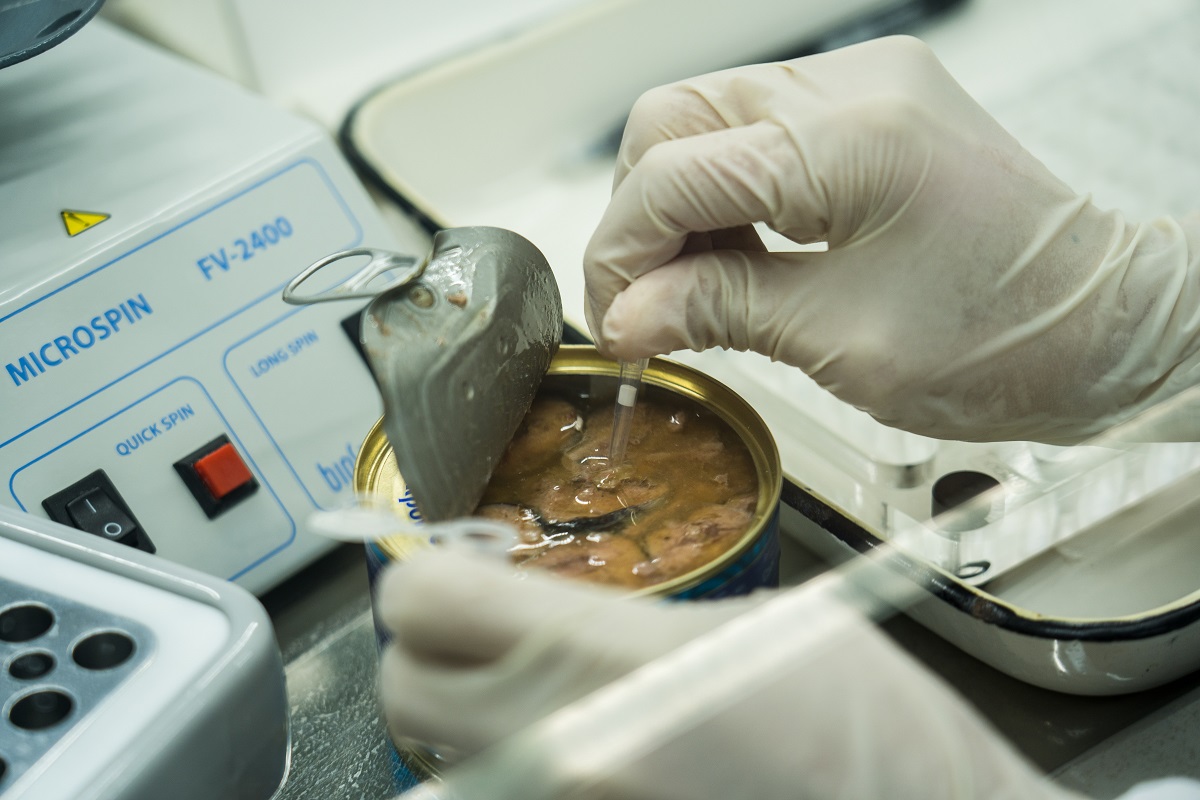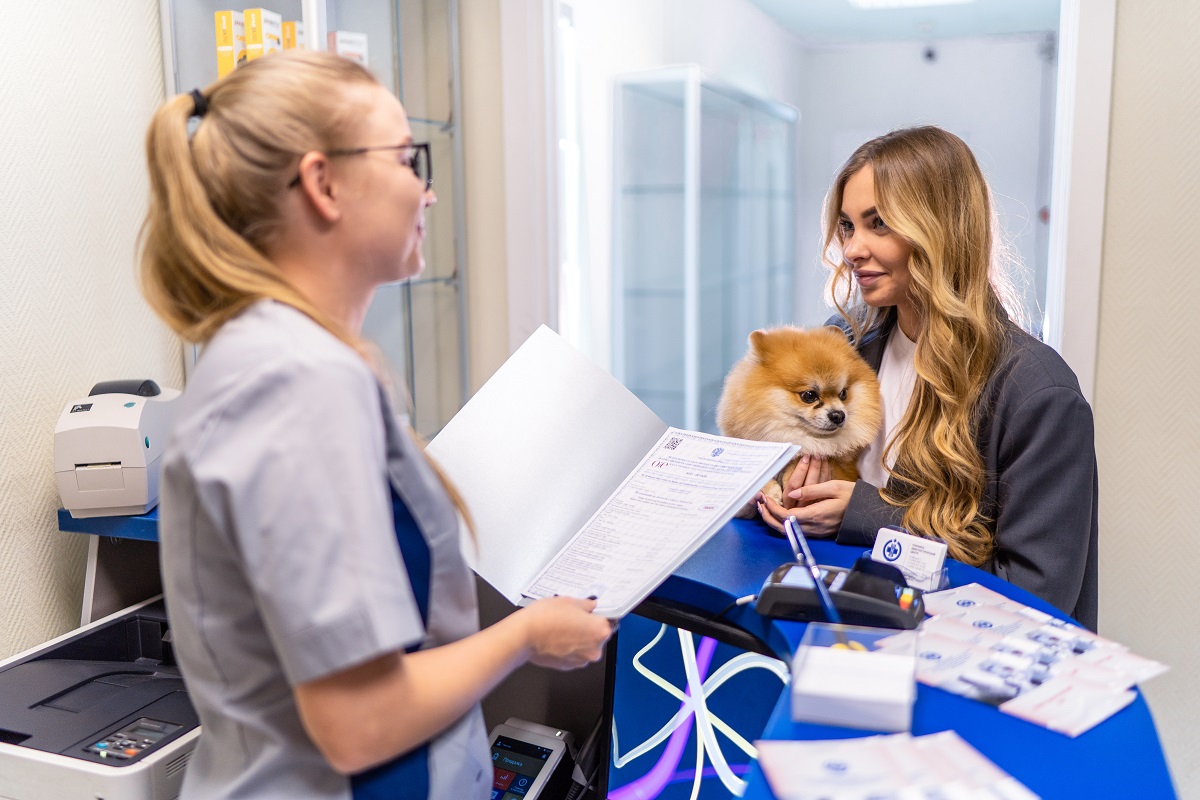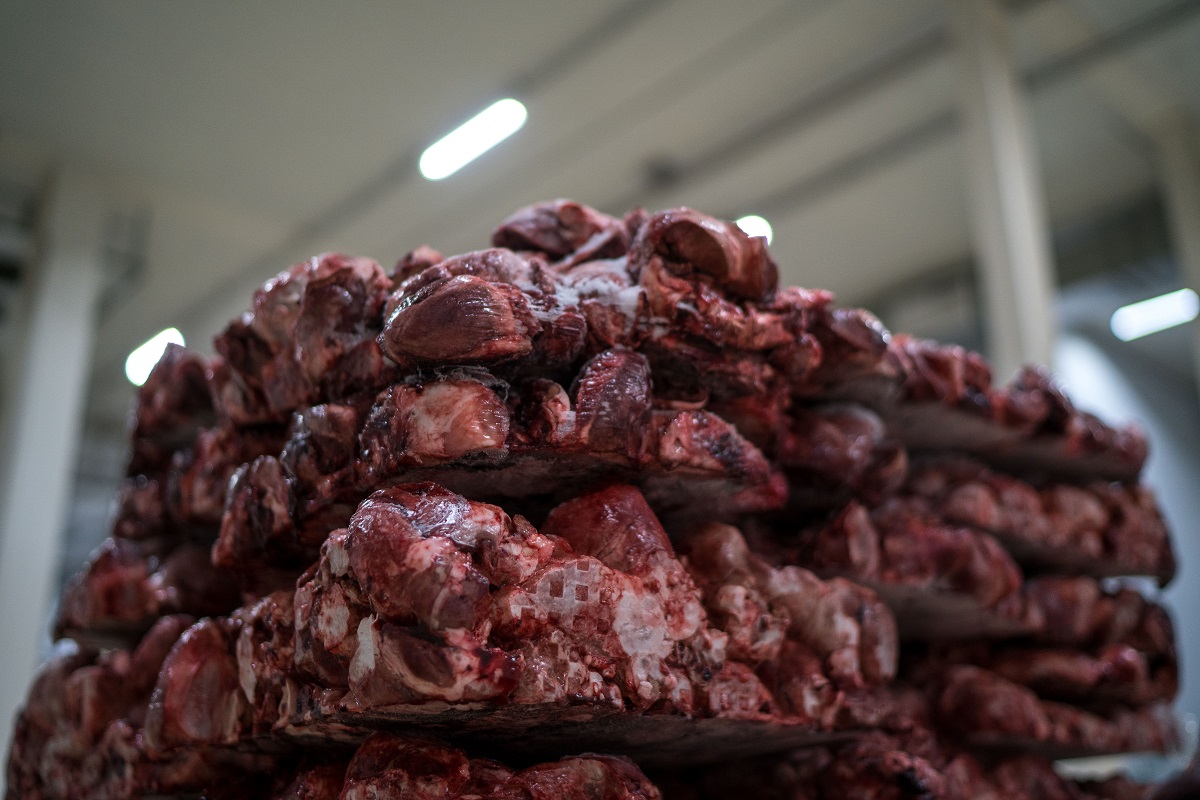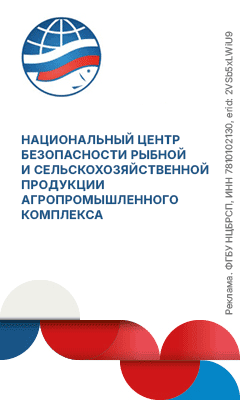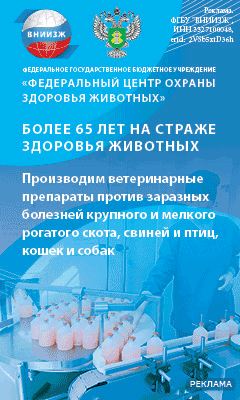“To run a pilot on labeling of packaged fish products (excluding live, fresh fish and fresh aquatic invertebrates) from April 1, 2022 to February 28, 2023 on the territory of the Russian Federation,” says the draft resolution.
The document includes a list of fishery products that have been suggested for labeling. The list includes the following:
• canned fish;
• preserves;
• roe and its substitutes produced from the eggs of fish;
• finished or canned crustaceans, mollusks and other aquatic invertebrates;
• salted fish or fish in brine;
• smoked fish, heat-treated or non-heat treated before or during smoking;
• crustaceans, whether in shell or not, salted or in brine;
• smoked crustaceans, whether in shell or not, heat-treated or non-heated before or during smoking;
• crustaceans in shell, steamed or boiled, frozen or non-frozen, salted or unsalted, in brine or not in brine;
• mollusks, whether in shell or not, salted or in brine;
• smoked mollusks, whether in shell or not, heat-treated or non-heat treated before or during smoking.
The operator of the pilot on canned fish labeling will be the Center for the Development of Advanced Technologies (CDAT). It is planned that the CDAT will develop requirements for a new labeling information system by April 15.
The Head of Rosselkhoznadzor Sergey Dankvert said earlier that canned fish should be subject to mandatory labeling.
“It is important to label canned fish because the Rosselkhoznadzor experts detect many cases of adulterated canned fish. For instance, instead of saury counterfeiters add cheaper types of fish like Iwashi herring, although the label says saury. Also, the fish roe produced overseas is claimed to be of Russian origin. At present, there is no regulation to obligate the manufacturer to mark the country of origin of raw materials used for production of canned fish. Hence, some entrepreneurs buy raw materials, for example, in China, package them in Russia, and sell them as products made in Russia, at the same time misleading the consumer. Labeling can become an effective tool for combatting canned fish adulteration”, explained Sergey Dankvert.
Russia plans to launch a national product labeling system designed to bring an end to the illegal marketing of products by 2024. Medicines, dairy, tobacco, perfumes, furs, footwear and a number of other goods are already subject to mandatory labeling. Pilots on labeling of food additives and antiseptics have also been underway.



